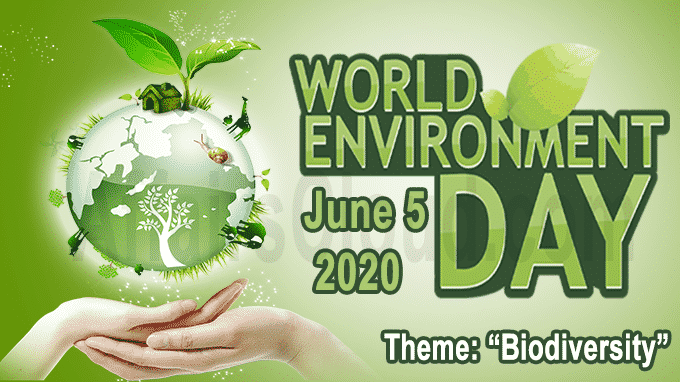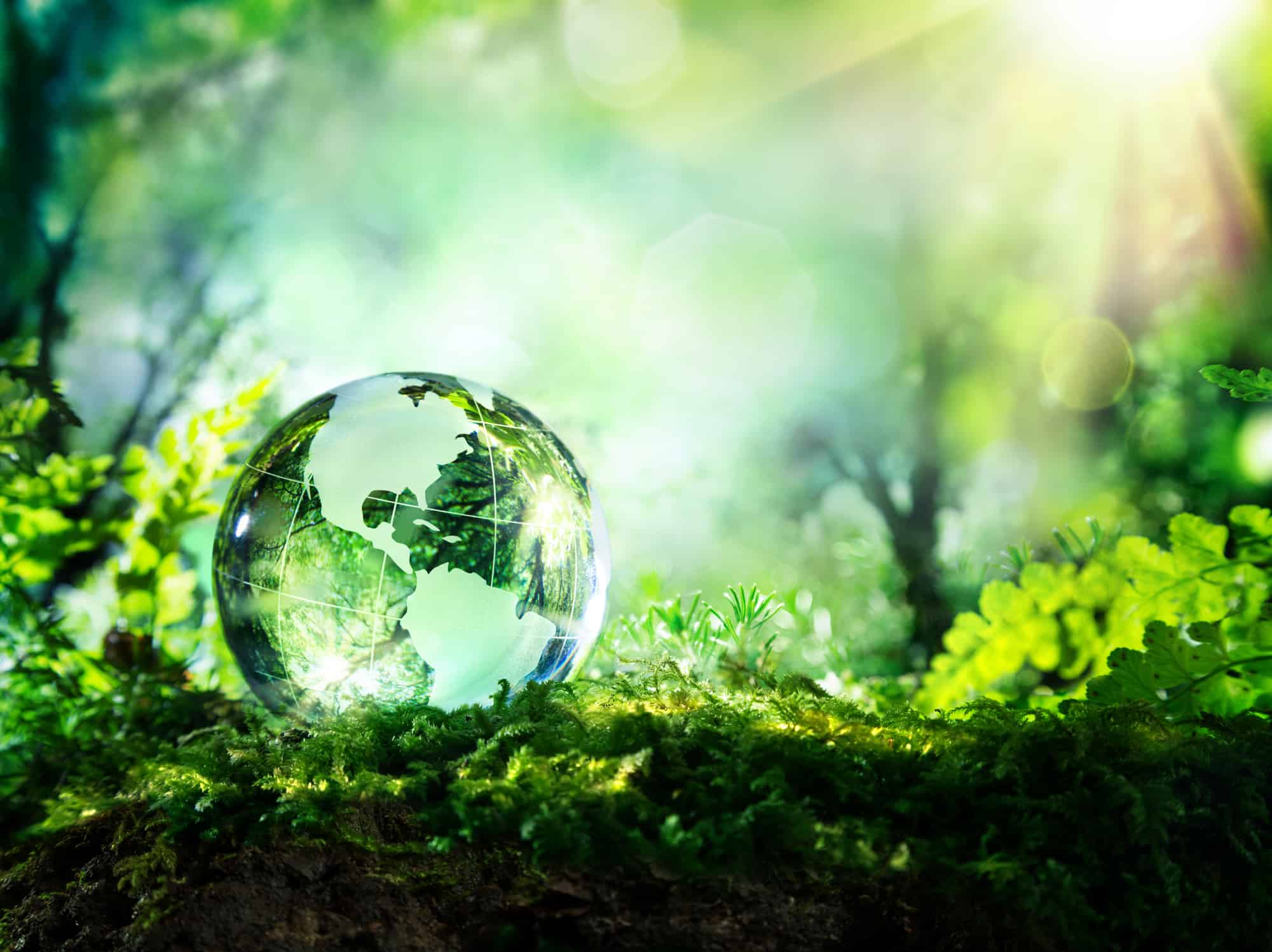World Environment Day, hosted by Colombia this year, is the most renowned day for environmental action. Since 1974, it has been celebrated every year on June 5: engaging governments, businesses, citizens and celebrities to focus their efforts on a pressing environmental issue. This year, the theme is biodiversity – a concern that is both urgent and existential. Recent events, from bushfires in Brazil, the United States, and Australia to locust infestations across East Africa – and now, a global disease pandemic – demonstrate the interdependence of humans and the webs of life, in which they exist. It is the ‘United Nations’ prime vehicle for encouraging awareness and action to protect our environment. World Environment Day has become a global platform for public outreach, with more than 143 countries participating annually.

This focus on biodiversity provides an opportunity for driving the momentum and public awareness of nature as a key aspect in the lead up to the 15th meeting of the Parties (COP 15) to the Convention on Biological Diversity (CBD). COP 15 was expected to take place in October 2020, but will be rescheduled for 2021, due to the COVID-19 pandemic. According to the UN, it is a concern that is both urgent and existential. Biodiversity supports all life on land and below water or we can say it is the foundation that supports all this. Every aspect of human health is affected by it. It provides clean air, water, food, and is a source of medicines, etc. Human actions like deforestation, encroachment on wildlife habitats, intensified agriculture, and acceleration of global climate change, have disturbed nature and pushed it beyond its limit. According to the UN, it would take 1.6 Earths to meet the demands that humans make of nature every year. If this will continue, it poses a huge biodiversity loss that will have severe implications for humanity as a result of the loss of food and health systems.
In the context of a post-COVID-19 world, this year’s theme is an opportunity to highlight the need to 'build back better', in harmony with the nature that our ecosystems and health depend on. Sound ecosystem management is the solution to achieve food security and protect human health while contributing to the conservation of biodiversity and climate adaptation and mitigation. According to the UN, it is a concern that is both urgent and existential. Biodiversity supports all life on land and below water or we can say it is the foundation that supports all this. Every aspect of human health is affected by it. It provides clean air, water, food, and is a source of medicines, etc. Human actions like deforestation, encroachment on wildlife habitats, intensified agriculture, and acceleration of global climate change, have disturbed nature and pushed it beyond its limit. According to the UN, it would take 1.6 Earths to meet the demands that humans make of nature every year. If this will continue, it poses a huge biodiversity loss that will have severe implications for humanity as a result of the loss of food and health systems.

Over 42 percent of the world's population is under the age of 25. This is a generation already scheduled to bear the maximum impacts of climate crisis and environmental degradation. The world’s youth has inherited a planet where nature is increasingly over-exploited. While young people did not have a say in how humanity treats nature in the past, they have a voice now. To celebrate #Worldenvironmentday2020 we highlight the work of SERVIR-E&SA, GMES&Africa, Biopama and AGRA projects at RCMRD use space technology through landcover and ecosystems monitoring; weather and climate;agriculture and food security, water and hydroclimatic disasters,wetlands monitoring and capacity building and training by the Regional Centre Training Institute (RCTI) to support #biodiversty in the #Eastern and Southern Africa region.













